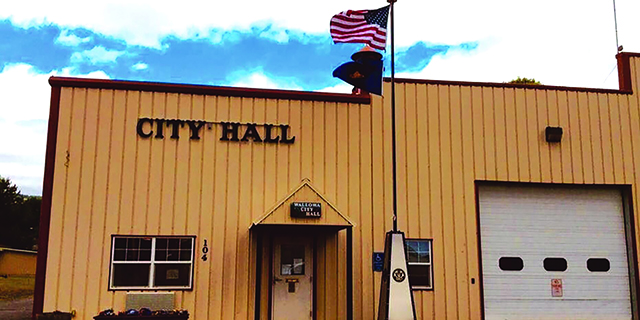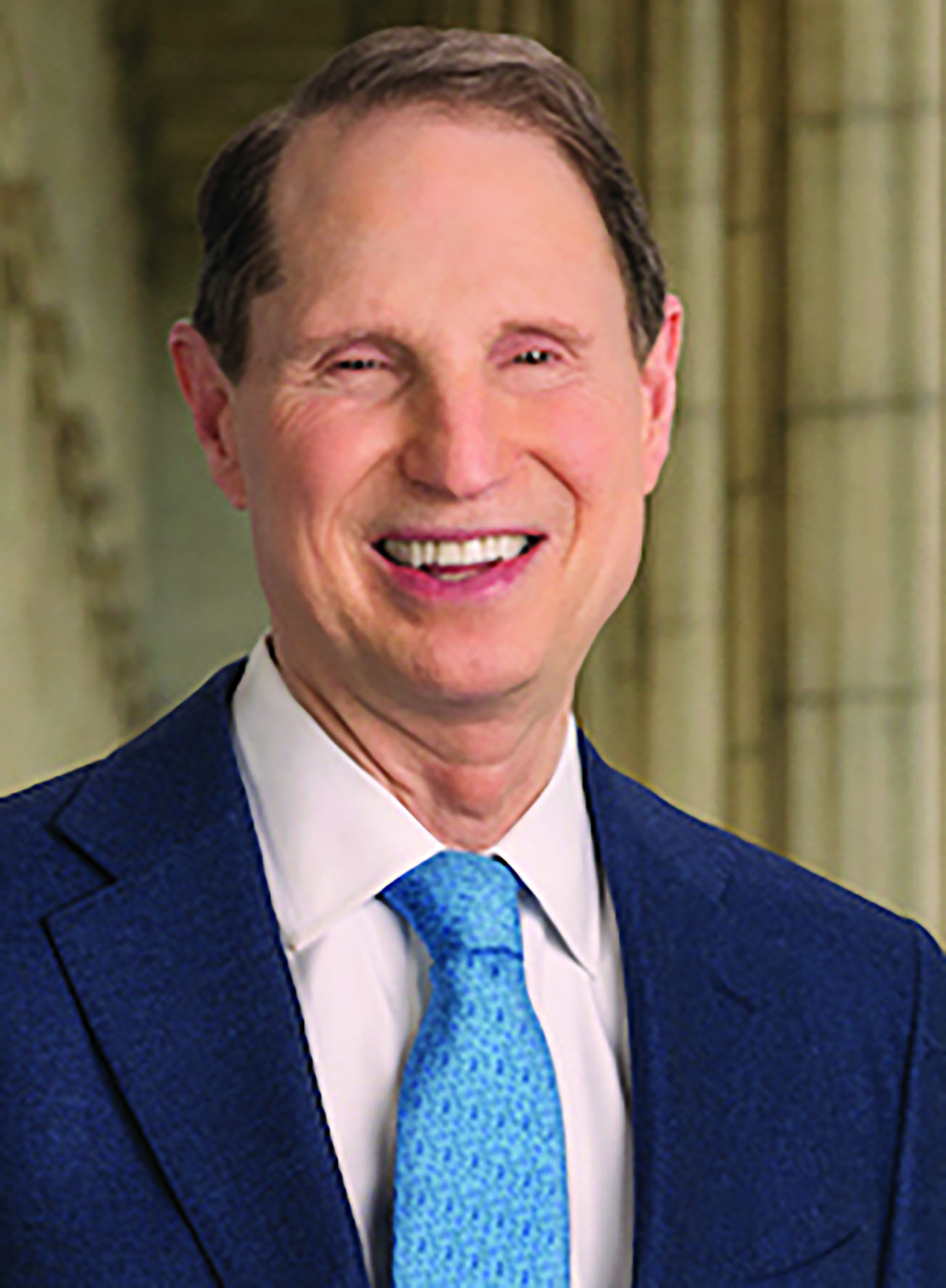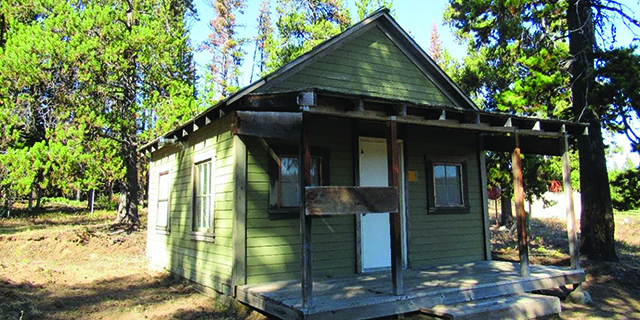The efficacy of libraries and hospitals
Published 10:08 am Tuesday, May 16, 2017
I guess libraries entered my life about 10. We had moved to California, and my first new fifth-grade friend took me to the Oceanside City Library and prodded me to take out books in the Landmark series –– “The Monitor and the Merrimac” –– about the big Civil War naval battle and Lewis and Clark and other historical tales.
When my friend wasn’t looking or I slipped into the library on my own, I went straight to sports books –– “The Kid Who Batted a Thousand” and “The Rookie of the Year.” John Tunis, who wrote many of them, was almost as big a hero as Yogi Berra, the catcher I imagined myself following into the major leagues.
Trending
Libraries are about dreams. In a small town, a kid can imagine him or herself a professional athlete or an astronaut; in cramped urban neighborhoods, kids can breathe open air and think cowboy.
But libraries aren’t just for kids. Ray Bradbury read stories and then wrote his own, his first, the classic “Fahrenheit 451,” on a library rental typewriter at 25 cents an hour. Take the tour of the Seattle Public Library or stand on the steps of the Multnomah County Downtown Library for an hour and watch the dreamers go by. Watch humanity go by.
Some dreams, of course, are more realistic than others, but libraries have, from the beginning in this country, rigorously allowed library card-holders and not librarians to determine the quality of dreams and dreamers.
It is why the stereotypical little old lady librarian is often the fiercest defender of the First Amendment. She took the job –– and the unstated oath to serve the public … all the public.
At one point on the Seattle Library tour you look down on a room full of computers and the mishmash of people pecking away at them, Googling lost relatives or their way out of poverty, backpacks and bedrolls at their side.
At Multnomah on 10th Street in Portland, you share the restroom sink with a homeless man washing up for the day or a lawyer poking into the past, and you walk through an exhibit of old manuscripts with a group of middle school students.
Trending
You talk to Jim Carmin in the rare books room. He assembles the exhibits and tells you about a man who gave him thousands of dollars to put together a collection of books by Native American writers –– he has the first in French dating to the 17th century.
In Oregon, Wallowa County libraries aren’t the only ones in trouble. Roseburg made the New York Times this weekend. They talked to “Terry Bean, 54, a construction manager who was working on his daughter’s house on a recent morning in Roseburg, [who] voted for the library tax, and said that ‘no’ voters just saw another tax, not an institution at risk.
“There is conservative,” said Mr. Bean, flicking a cigarette butt into the bed of his pickup truck, “and then there is community. And people got them confused.”
The library, he said, was something a person could use –– for computers, if not for books –– even if that person didn’t have a dime.
In a listserv of Oregon librarians that I follow, the current discussion is about handling children whose parents won’t or can’t sign them up for a library card. According to librarians, these kids are often homeless or home-alone, and the library is home.
Libraries and hospitals might be the most democratic of American institutions. Hospitals don’t turn people away. The current health care brouhaha is more about whether hospitals get paid by insurance for the less fortunate or by writing off the visits and spreading the costs out in other ways than about who gets served. At Oregon libraries, the best solution so far to children without library parents: a “one-book” library card, which allows them to take out books and return them, one at a time. These librarians are ready to take the occasional one book loss for the opportunity it provides to the many.
Not so many years ago, in the ‘80s, Wallowa County’s health care system was limping, to be nice about it. Drs. Siebe and Euhus were doing it all, although time and high insurance rates meant they were sending routine child birthing patients to La Grande.
In the early ‘90s, the Oregon State Health University stepped up. Family practice residents would be required to do a “rural rotation,” and Enterprise would be the first outpost. Docs would learn to want to serve in rural areas.
The county stepped up with an elected governing board separate from the County Court, and then with a hospital foundation that has become a conduit for major gifts and the host of the most popular fundraising event in the territory, the annual hospital dinner-auction.
Is health care a right or a privilege? I put it right up there with libraries, which were established as citizens’ rights long ago and just possibly might be the reason that enough readers became doctors and researchers to bring health care to a state where it makes sense for it to be a right for all Americans.
Rich Wandschneider lives in Joseph and writes a monthly column for the Chieftain.









